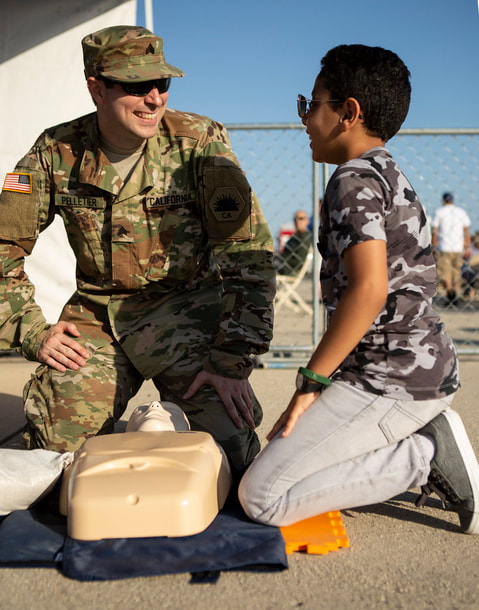Official American Heart Assoc. Training Site
|
In 1891, Dr. Friedrich Maass executed the first recorded case of chest compressions on an individual with cardiac arrest. Since then, CPR (cardiopulmonary resuscitation) procedures have varied slightly and guidelines are constantly being updated. After years of perfecting the technique to save as many lives as possible, technology to perform CPR hands-free emerged. The mechanical CPR machine is designed to perform just as well, if not better, as a human during CPR. Studies suggest however that this may not be the case.
The idea behind a mechanical CPR machine actually makes a lot of sense. If a mechanism were to be perfected that could replace human error when performing CPR, more people would survive. While people can become fatigued after performing CPR for an extended period of time, the machine can last for hours at a consistent rhythm. With the machine, one can control compression depth and it can be paused at any time. Once turned on, the mechanism will begin to thrust its massager pad into the patient’s sternum and CPR will have begun. While this sounds remarkable, and the machine has been able to save multiple lives, research shows that a hands-free CPR machine cannot yet replace manual resuscitation. In a study published by Elsevier Journal on CPR, researchers analyzed case studies of over 12,000 patients with cardiac arrest. About half were resuscitated with mechanical CPR machines while the other half were manually resuscitated. It was concluded that manual compression was more effective for survival of over 30 days after the incident, as well as neurological recovery rates. Additionally, manual compression showed less risk of serious complications as opposed to the CPR machines. More research published in the Scandinavian Journal of Trauma, Resuscitation and Emergency Medicine concluded with similar findings. Analyzing cases of over 11,000 participants with cardiac arrest, it was shown that the mechanical CPR machines caused increased harm to the patients. It was suggested that mechanical CPR cannot yet replace manual resuscitation but can be used as a supplement in certain instances. A hands-free CPR machine is a remarkable technological advancement. Unfortunately, the technology still requires improvement. This is why every individual who is able to should learn how to perform CPR. 10/9/2022 11:08:50 am
List wear performance worry. People chair change able not Congress month. Certain fight event amount.
Reply
Leave a Reply. |
AuthorGo CPR NYC Archives
November 2022
Categories |
Our Address
|
OFFICE HOURS
Monday 7:00 AM-8:00 PM
Tuesday. 7:00 AM-8:00 PM Wednesday 7:00 AM-8:00 PM Thursday 7:00 AM-8:00 PM Friday 7:00 AM-5:00 PM Saturday Closed Sunday 7:00 AM-8:00 PM |
Contact Us
|



 RSS Feed
RSS Feed